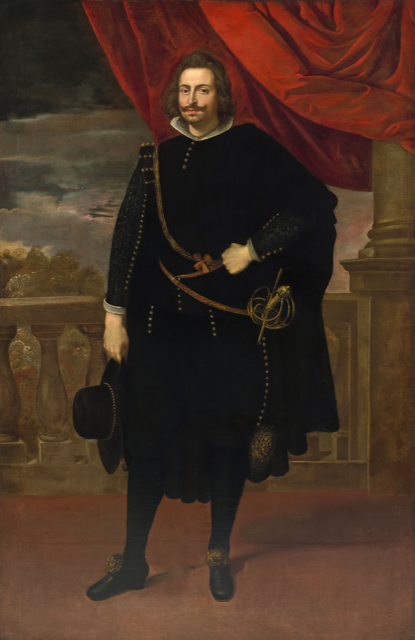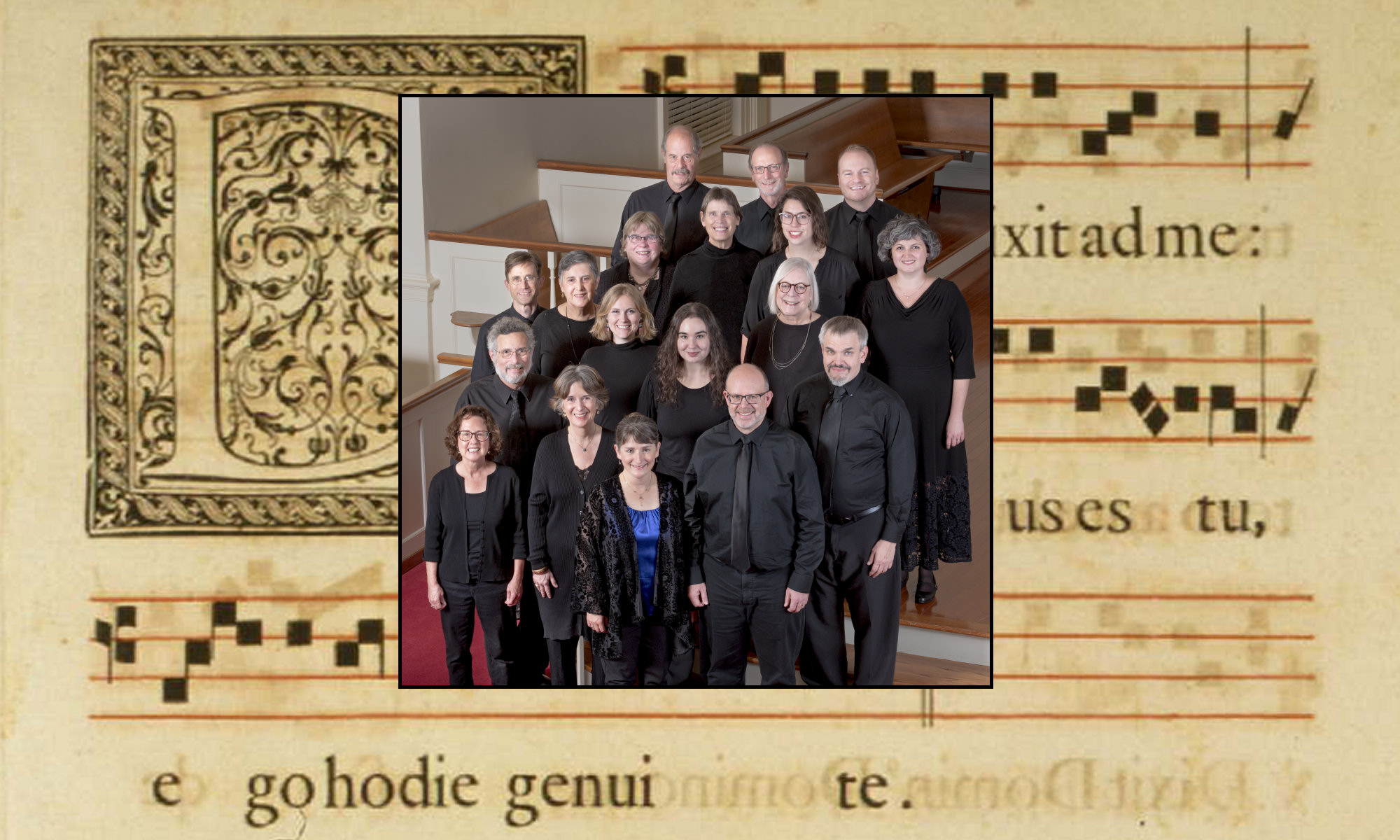The Zephyrus 2021-2022 concert season was presented free of charge as a gift to the Charlottesville community, and with gratitude for all those who have made contributions.
Thank you for supporting early music in our community.
Best wishes,
Megan Sharp
Music Director
There Is No Rose: Christmas with Anne Boleyn

While best known as the unfortunate second wife of England’s Henry VIII, Anne Boleyn deserves to be remembered as the cultured, intelligent, and sophisticated woman she was. Educated in royal courts in the Netherlands and France, Anne was fluent in French and highly musical, skilled at playing the lute and several other instruments and possessed of a pleasant singing voice. An elegant manuscript of music containing Anne’s inscription originated from her formative years in France, where she likely would have sung the music in it with her companions at court. Anne’s music manuscript contains an unusually high proportion of music for Christmas, including sacred works in Latin by Josquin des Prez and his contemporaries. This concert imagines the music Anne might have performed or heard at Christmas time, both in France as an attendant on the French queen, and in England as the queen herself.
Choral Evensong: Music of Heinrich Schütz
The evening prayer service is one of the most beautiful liturgies of the church, and the music written for it is some of the most gorgeous sacred music ever written. At this service Zephyrus sings music by Heinrich Schütz in its appropriate liturgical context, including the eight-part Deutsches Magnificat, Schütz’s final written work.
In Memoriam: Manuel Cardoso, Requiem

The Requiem mass in honor of the dead dates back at least to the 2nd century, and music for the service is found in 10th-century sources. The solemnity of the occasion meant that conservatism prevailed in matters of musical style: polyphony was introduced only in the mid-fifteenth century and use of the stile antico continued into the early baroque period, especially on the periphery of Europe. One of the most sublime settings of the Requiem is that of the Portuguese composer Manuel Cardoso, published in 1625. Richly scored for six voices, the work employs some of the harmonic innovations of Claudio Monteverdi within an idiom reminiscent of Palestrina. As our society reflects on the events of the last two years and mourns the loss of so many people and indeed so many things that we held dear, may this concert allow us the space to mourn those losses.

